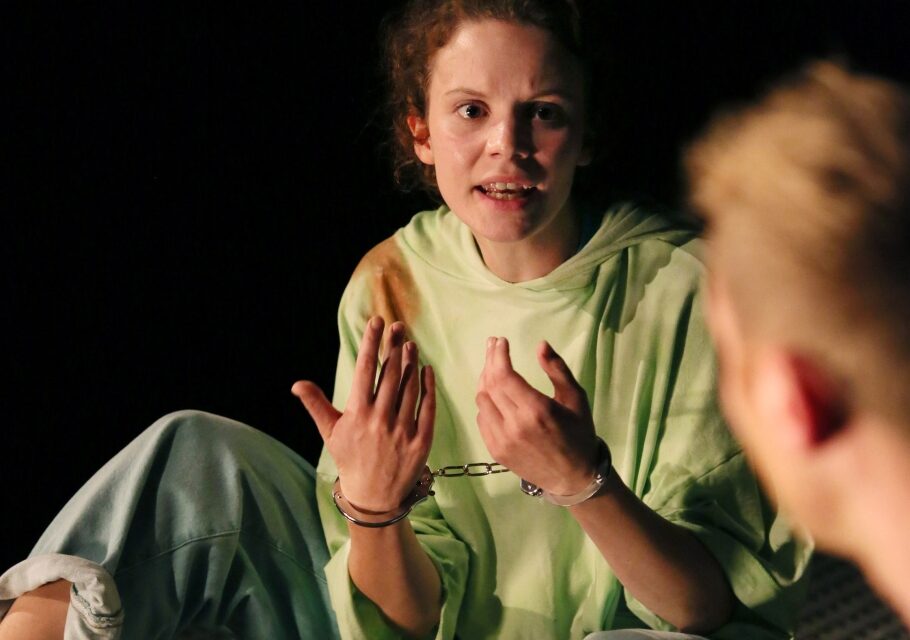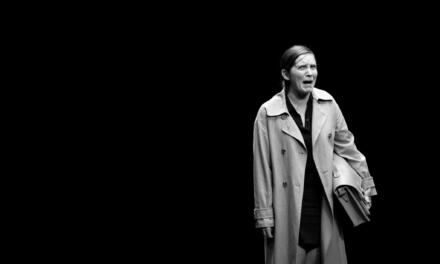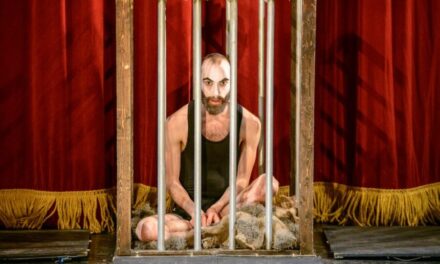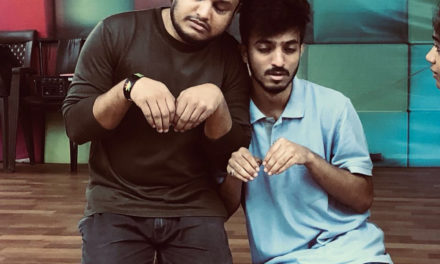It’s now June 2020. In most European countries, the first wave of Covid-19 has started to slow down, and every week politicians announce which parts of society are to resume next. Theatre has finally also made it into the news.
Making theatre with and for young people has always been one of our major goals, including before the pandemic. We strive to reach and empower youth through the art of theatre and direct the spotlight on the critical and diverse voices of our future generation. We started our project Young Europe twelve years ago. Currently, in its third iteration, we used performative research and a European collaboration to create nine new theatre productions for young people depicting their reality. How can we artistically transform their emotions to make theatre relevant to Europe’s youth? What interests the tech-savvy young people of the XYZ generation in Europe who grew up with technology? What about issues such as rage from feeling excluded from society, fear of the future, climate change, and family conventions impeding a self-determined life? Where can they find inspiration at a time when freedom of expression and thoughts are being challenged by fake news?
Our collaborative paths were manifold, selected and shared in this casebook: read about the youth council in Deutsches Theater Berlin who has a say on artistic choices, explore the most direct stage experience in classroom-plays and immersive game-plays or the creative process developed in Bratislava, in which the play’s language is based solely on research with young people to speak with each other on an equal level.
Before the pandemic, we planned the Young Europe III Festival for June 2020 in Graz. Sadly, the festival had to be canceled, though we hope it can take place next year after the pandemic. What there remains, with and without the pandemic, is the utter need to give young people a voice to shape our future, and not just on the stage. We would like to thank the Creative Europe Programme of the European Union and the Allianz Cultural Foundation for supporting our research and creative work with and for young people and ensuring its accessibility.
This article was originally published by the European Theatre Convention and has been reposted with permission To read the original article, click here.
This post was written by the author in their personal capacity.The opinions expressed in this article are the author’s own and do not reflect the view of The Theatre Times, their staff or collaborators.
This post was written by Heidi Wiley and Serge Rangoni.
The views expressed here belong to the author and do not necessarily reflect our views and opinions.


















